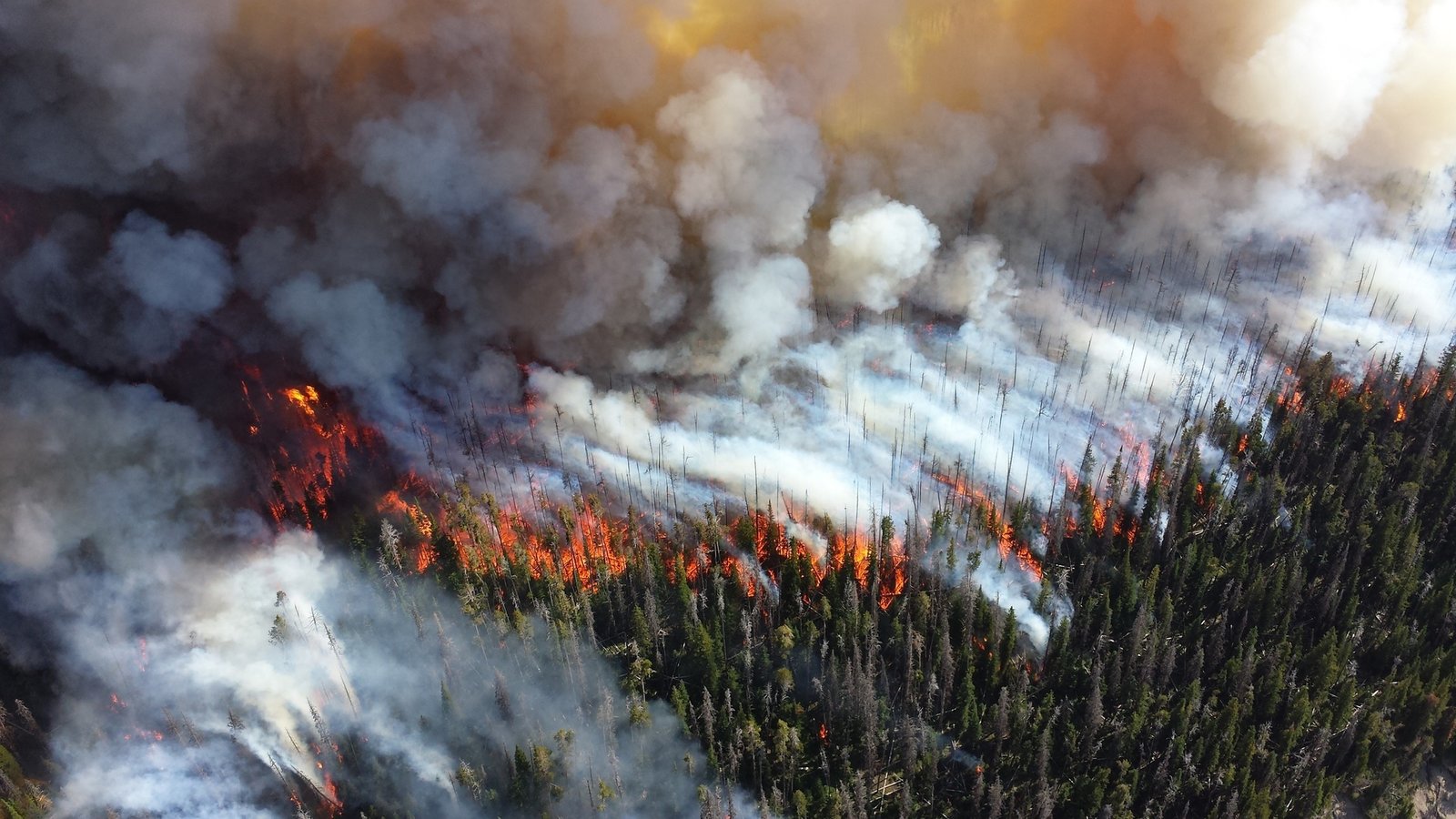Israel’s Assassination of Hassan Nasrallah: A Turning Point for Hezbollah?

Israel’s assassination of Hassan Nasrallah, the Hezbollah leader who held power for over 32 years, marks a pivotal moment for Lebanon and the broader Middle East. Nasrallah’s death, announced last Friday, has triggered a wave of reactions, from mourning to celebrations across the Arab world, a testament to the polarising influence he held. The blow to Hezbollah comes at a critical time for the group, which has been a dominant force in the region, supported by Iran and considered by many in the West as a U.S.-designated terrorist organisation.
Nasrallah led Hezbollah, a paramilitary force with significant military power, including an arsenal capable of reaching deep into Israeli territory. His leadership saw the transformation of Hezbollah from a local militia to a highly influential political and military organisation. This has left many wondering what direction the group will take without its charismatic leader. As analysts have pointed out, the loss of Nasrallah, though not a “decapitating blow,” is certainly a major setback for Hezbollah and Iran’s broader network of influence in the Middle East.
Hezbollah’s Future Leadership Uncertain
The question of succession remains unanswered. The group’s Shura Council, responsible for selecting its leadership, has yet to confirm Nasrallah’s successor. Hashem Safieddine, Nasrallah’s cousin, is widely regarded as the most likely candidate, but whether he can unite Hezbollah’s various factions remains to be seen. With Israel continuing its pressure, Hezbollah faces significant challenges in maintaining its stature and influence. Analysts from Chatham House have pointed out that Nasrallah’s death is a major setback for both Hezbollah and Iran’s broader network of influence in the Middle East.
Iran’s Response and Dilemma
Iran, Hezbollah’s chief backer, is now faced with a significant dilemma. A muted response could signal weakness to both its allies and adversaries. On the other hand, a robust retaliation risks igniting a broader conflict that could draw in the United States, Israel’s staunch ally. Iran’s careful calculations may involve a more measured response, working through its network of regional allies and proxies, which includes groups like the Houthis in Yemen and the Popular Mobilization Forces in Iraq.
Regional and Domestic Implications for Lebanon
The assassination also holds serious implications for Lebanon itself. Hezbollah’s prominence as both a political and military force has always been contentious, with many in Lebanon accusing the group of undermining the country’s sovereignty. Lebanon, already reeling from economic collapse and political instability, could see further unrest as Hezbollah’s rivals seek to capitalise on the situation.
For the Lebanese population, Nasrallah’s death adds to the growing tension in a country teetering on the edge of social and economic collapse. The group’s ability to maintain its stronghold will depend heavily on its next moves and whether it can navigate the internal and external pressures it now faces.
For more insights and ongoing updates on Hezbollah’s leadership and its impact on Lebanon, visit EyeOnLondon for comprehensive coverage
Follow us on Facebook, Instagram, X, and LinkedIn for more updates!
Subscribe to our YouTube channel for the latest videos and updates!








